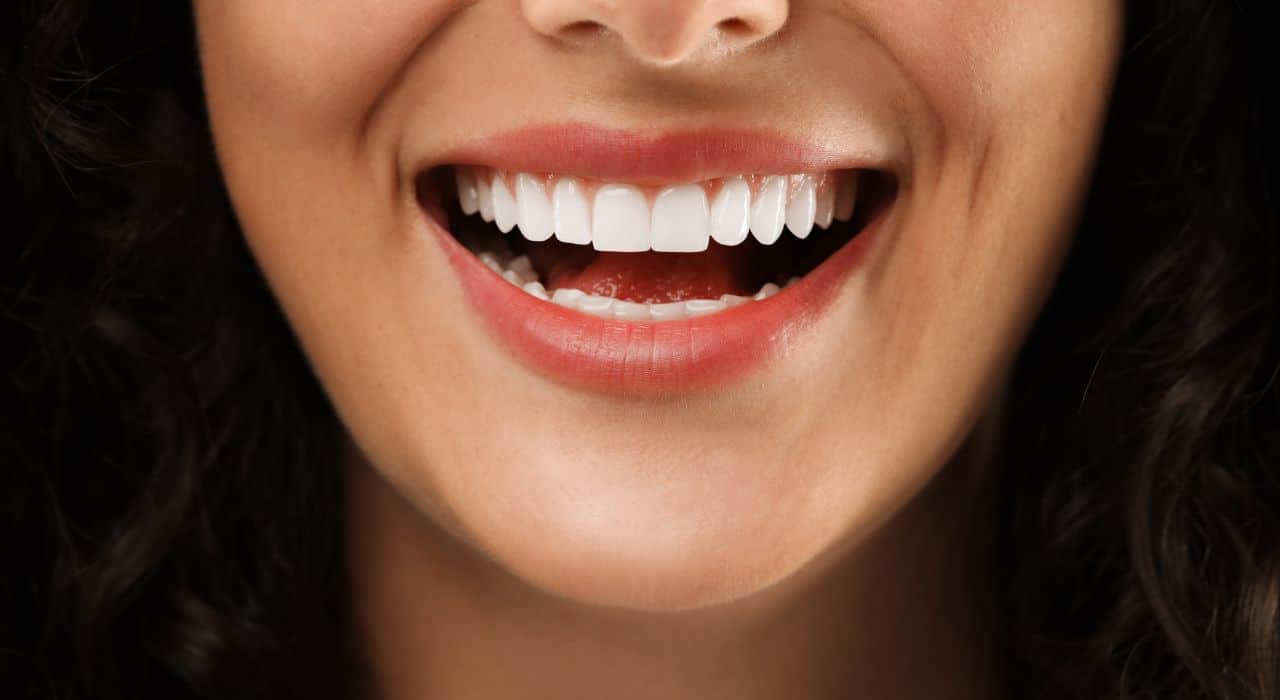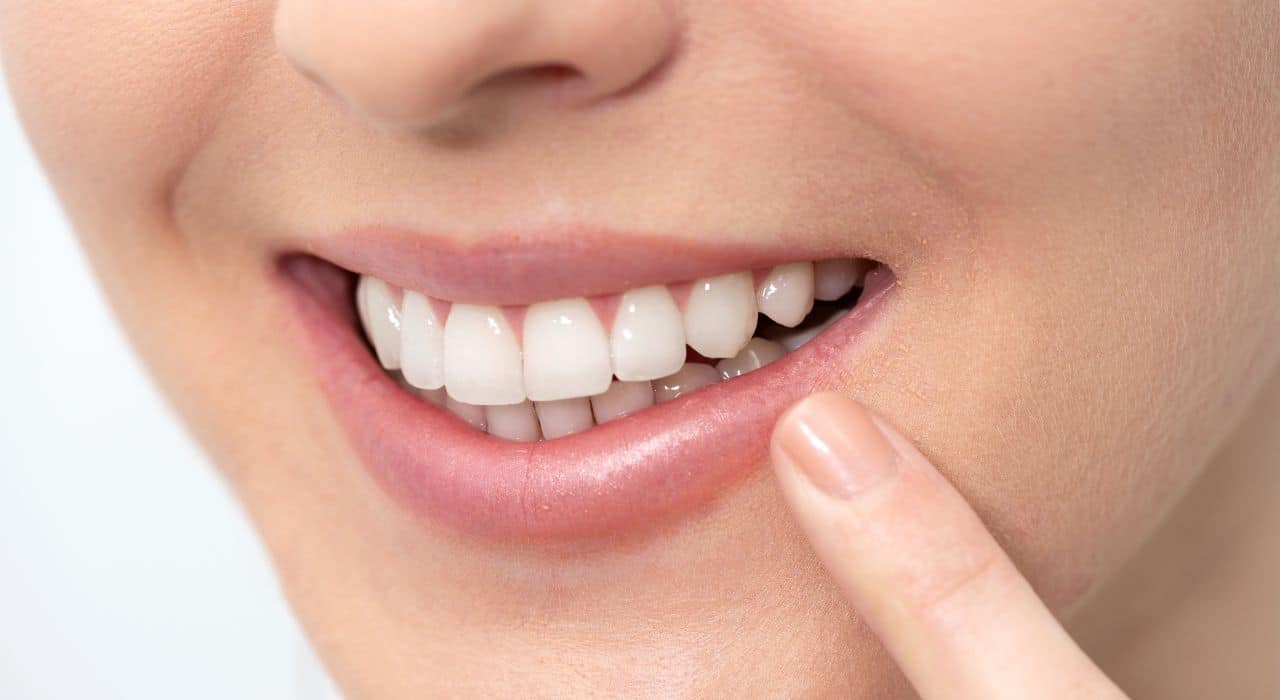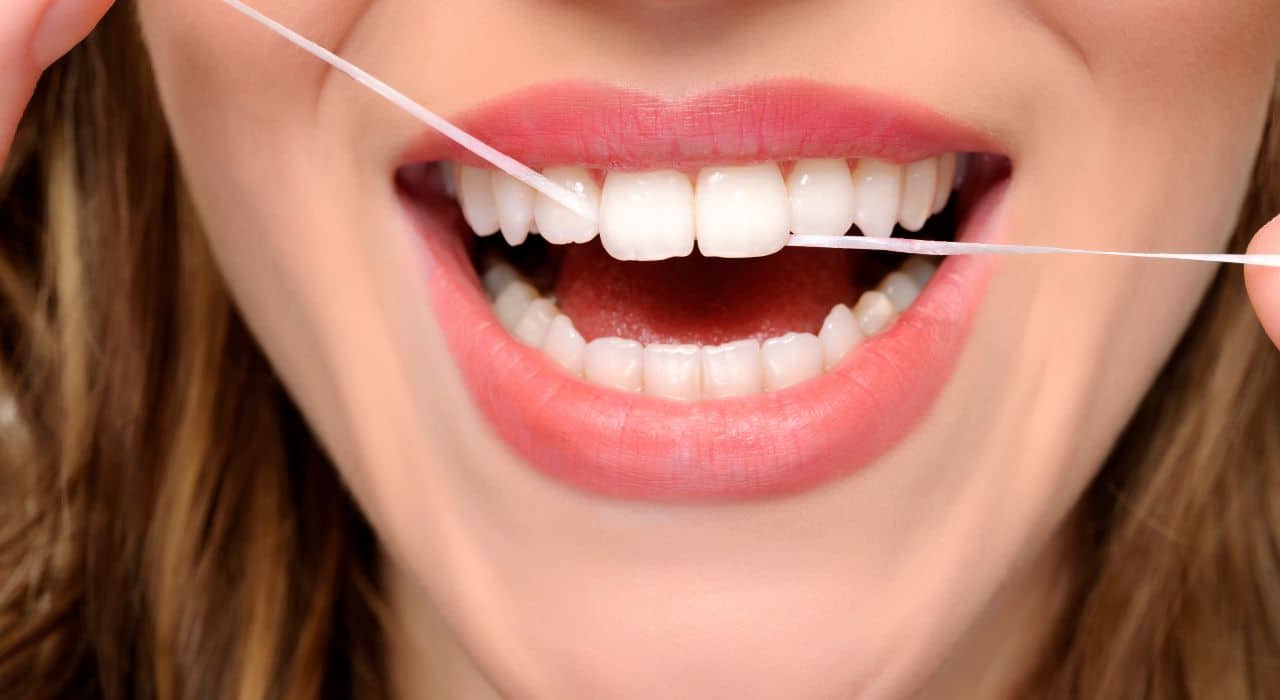How Often Should You Visit the Dentist?
How Often Should You Visit the Dentist at Park Hills Family Dentistry
Regular dental visits are a key component of maintaining good oral health and preventing serious dental issues. At Park Hills Family Dentistry, we understand the importance of routine dental checkups and cleanings to keep your teeth and gums healthy. But how often should you visit the dentist? Let’s explore the answer to this important question and the benefits of maintaining a consistent dental care schedule.
Why Regular Dental Visits Are Important
Your oral health plays a significant role in your overall health. Dental problems like cavities, gum disease, and tooth decay can lead to discomfort, pain, and even tooth loss if left untreated. The earlier these issues are identified, the easier and less costly they are to treat. Regular visits to the dentist help catch these problems early, ensuring you can address them before they escalate into more serious issues.
In addition to diagnosing potential dental problems, dental cleanings help remove plaque and tartar buildup that can’t be eliminated with regular brushing and flossing. This helps prevent gum disease and keeps your teeth looking and feeling their best.
How Often Should You Visit the Dentist?
The American Dental Association (ADA) recommends that you visit the dentist at least twice a year for routine checkups and professional cleanings. This schedule is typically sufficient for most people to maintain optimal oral health. However, the frequency of visits may vary depending on your individual needs and oral health condition.
Here are some factors to consider when determining how often you should visit the dentist:
1. Your Oral Health History
If you have a history of dental issues like gum disease, cavities, or tooth sensitivity, your dentist may recommend more frequent visits. People who have a higher risk of developing dental problems may need to see the dentist every three to four months. This allows your dentist to closely monitor your oral health and provide treatment or preventive care before issues worsen.
2. Gum Health
Gum disease is one of the most common dental problems, and it can progress silently without noticeable symptoms until it becomes severe. Regular dental visits allow your dentist to check for early signs of gum disease, such as bleeding gums or gum recession. If caught early, gum disease can often be reversed with professional cleanings and improved at-home care. If you have a history of gum disease, more frequent visits may be necessary to prevent its progression.
3. Age and Lifestyle Factors
Your age and lifestyle can also affect how often you should visit the dentist. Children, teenagers, and older adults may need to see the dentist more frequently to ensure that their teeth and gums remain healthy as their mouths change over time. Lifestyle factors such as smoking, diet, and the use of alcohol can also impact your oral health, increasing your risk for conditions like tooth decay, gum disease, and oral cancer.
For instance, if you smoke, you may be at a higher risk for gum disease and oral cancer, so you may need more frequent visits for early detection and prevention.
4. Orthodontic Treatment
If you or a family member is undergoing orthodontic treatment, such as braces or Invisalign, regular visits to the dentist are essential. While orthodontists focus on aligning your teeth, your general dentist will ensure that your teeth and gums stay healthy throughout the treatment. This often includes more frequent cleanings and checkups to prevent plaque buildup and other oral health issues that can arise during orthodontic treatment.
5. Pregnancy and Medical Conditions
Pregnancy can increase your risk for dental problems like gum disease and pregnancy gingivitis. Hormonal changes during pregnancy can cause your gums to become inflamed or bleed easily, making regular dental visits crucial. It’s important to keep up with your dental checkups to address any potential issues early.
Certain medical conditions, such as diabetes, can also impact your oral health. People with diabetes are at a higher risk for gum disease, so regular dental visits are necessary to monitor and manage oral health.
What Happens During a Dental Checkup?
During a routine dental visit, your dentist will perform a thorough examination to check for any signs of dental problems. This includes:
Examining Your Teeth and Gums: Your dentist will check for signs of cavities, gum disease, or any other dental issues.
X-rays: If necessary, your dentist may take X-rays to check for problems below the surface, such as impacted teeth or bone loss.
Dental Cleaning: A hygienist will remove plaque and tartar buildup from your teeth and gums, helping to prevent tooth decay and gum disease.
Oral Cancer Screening: Your dentist will perform an oral cancer screening to check for any abnormal lumps or sores in your mouth, throat, and neck.
Benefits of Regular Dental Visits
Visiting the dentist regularly offers numerous benefits, including:
Early Detection of Problems: Regular checkups allow your dentist to spot potential issues early, saving you from more extensive (and expensive) treatments down the line.
Preventive Care: Professional cleanings help remove plaque and tartar, reducing your risk of cavities and gum disease.
Improved Oral Health: Regular visits keep your teeth and gums healthy, improving your overall oral health and boosting your confidence with a brighter smile.
Personalized Advice: Your dentist can provide personalized recommendations for improving your oral hygiene routine at home, ensuring you take the best care of your teeth and gums.
Schedule Your Dental Checkup Today
Regular dental visits are an essential part of maintaining your oral health and preventing long-term issues. At Park Hills Family Dentistry, we are committed to providing high-quality care and ensuring that your smile stays healthy for years to come. As the best dentist in Lexington, KY, we offer personalized care to meet your unique needs.
If it’s been more than six months since your last visit, or if you have any concerns about your oral health, don’t wait—schedule your next dental checkup today! Your smile will thank you.










